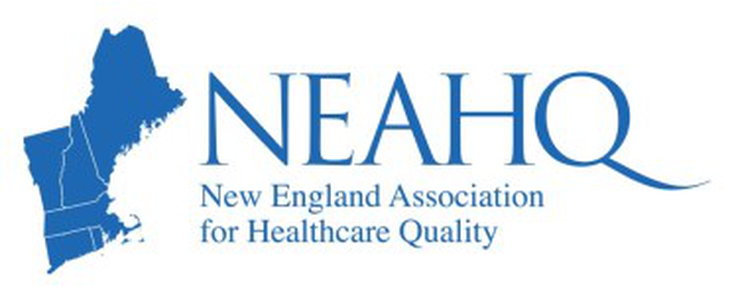My journey into healthcare quality happened by accident. I had been working at an academic medical center in an operations training role when I was asked to take over the management of 6 departments and 50+ employees. As I set out to learn more about the departments and staff, it was immediately apparent that they didn’t have a clear pulse on how their departments were performing against organizational expectations, or whether or not they were meeting their individual goals. It was clear that performance metrics needed to be introduced, but I knew it wouldn’t be easy, as many of the staff had been in the same role for 15-20 years without really knowing how well they were performing. We started small, with industry best practice metrics for the type of job they were performing. Dashboards were created, and individual performance assessments developed. We met weekly in each department to review metrics, and scheduled 1:1 meetings monthly to review individual performance. Though there were eye rolls, resistance, and lots of doubt in the beginning, after a while it became their normal. When performance started improving, I would find ways to celebrate those small wins with coffee/donuts or cake. Soon enough, an amazing thing happened…the staff started telling me when we were exceeding goals instead of me telling them, and they brought ideas to the table that would make them further succeed. It was a beautiful thing really, and made me realize that measuring performance against goals and talking about how to improve was fascinating and exciting. This led me down the path of healthcare quality.
Soon after this epiphany, I left the organization that I was at for a Quality Management role at a managed behavioral health organization. There, I developed internal strategy to measure and execute adverse incident and member grievance investigations more efficiently in accordance with regulations; I led interdisciplinary teams to work on projects that would improve our clients HEDIS measure performance, and I helped develop policies, work plans, and data measurement to support NCQA accreditation. Subsequently, I joined a health system as the Director of Physician Network Quality, where I worked with leaders, physicians and staff improvement of preventative care metrics such as colorectal and breast cancer screening, as well as diabetes, depression, and blood pressure screening. I helped them understand patient experience metrics, and suggested ways to improve. I worked with CMS and other payers to report performance and meet regulatory requirements. In both of these roles, it was clear that looking at and understanding data was the key to improving. It was at this time that I also joined NEAHQ with the goal of helping to create educational programs for those in healthcare quality careers or interested in pursuing them.
I recently took a role in managed care, and I’m working with Accountable Care Organizations (ACOs) on strategies to improve clinical quality metrics and coding. I continue to be passionate about presenting data and educating my clients on ways to improve. I love seeing pride on people’s faces when they exceed goals. It’s so gratifying, especially knowing that I’m also indirectly helping to improve the lives of the patients we serve by ensuring proper screening and management of disease.

